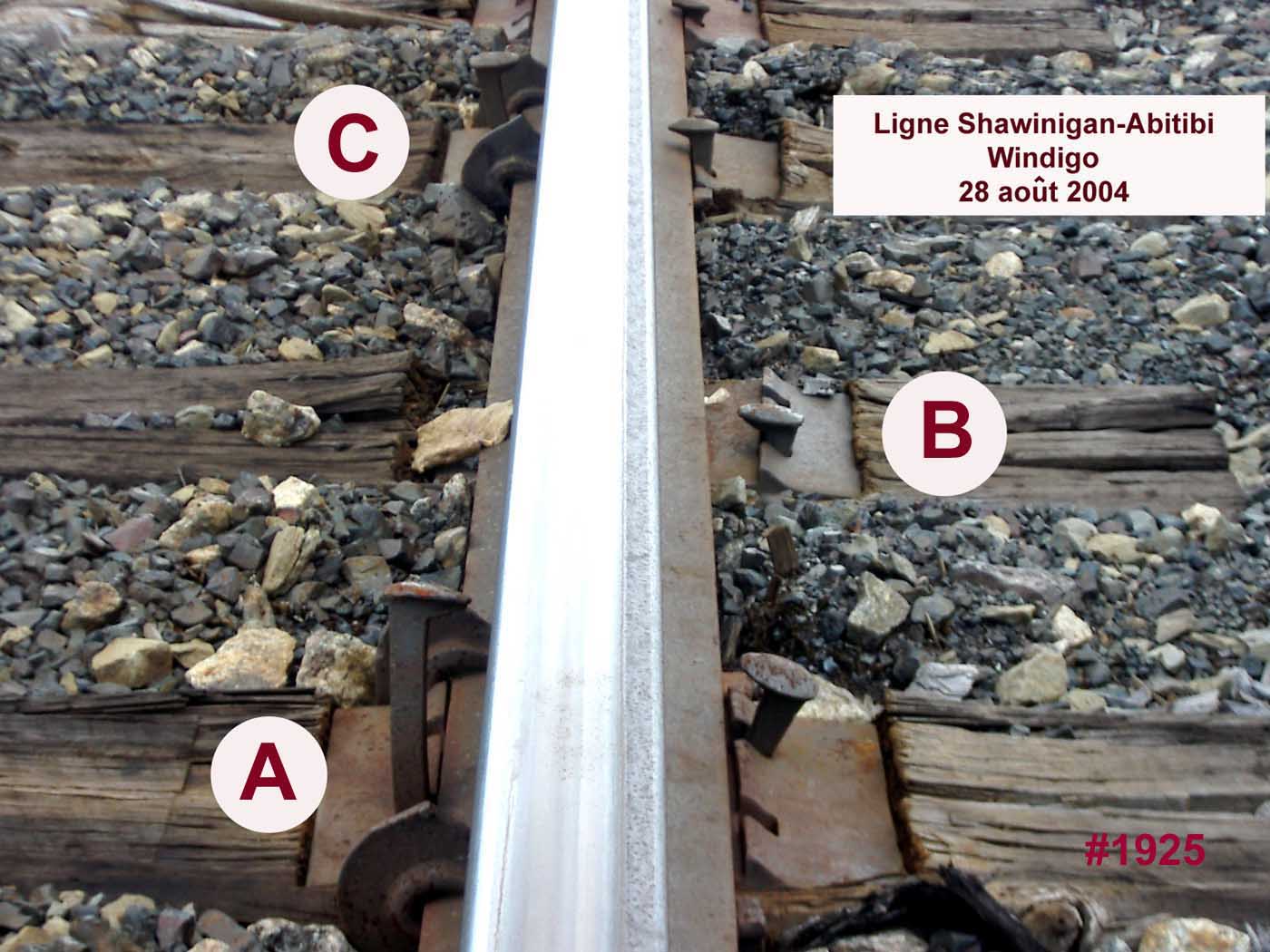Transport Canada completed just one quarter of planned railway safety audits during a recent three-year period, leaving a majority of smaller railways without proper oversight, a new report by Canada’s Auditor-General says.
At the same time, safety audits that did occur focused too narrowly on specific issues and did not provide assurance about rail companies’ overall safety plans. The damning report, released Tuesday, adds to concerns about railway oversight several months after a train carrying crude oil derailed in Lac-Mégantic, Que., killing 47 people.
Auditor-General Michael Ferguson said the review uncovered weaknesses “in all aspects” of Transport Canada’s oversight of rail safety practices. Among the problems his audit identified were poorly trained inspectors, too few auditors and limited follow-up with companies when rail safety concerns were found.
“These findings indicate that Transport Canada does not have the assurance it needs that federal railways have implemented adequate and effective safety management systems,” the report says.
The federal department began requiring railways to develop in-house safety management systems in 2001 in an effort to encourage them to make safety a part of their corporate culture and come up with their own adaptations to industry changes. Under the regime, Transport Canada signs off on railways’ safety plans and audits their operations to make sure they are following their own rules.
But 12 years after the shift, the Auditor-General says Transport Canada is not doing enough to make sure railways are properly managing their own safety risks.
Transport Minister Lisa Raitt said the transition to safety management systems was an important move because it is impossible for federal officials to inspect every aspect of a railway’s day-to-day operations. She said the department has come up with a plan to implement the Auditor-General’s recommendations. “We need to move forward and fix this for the Canadian public,” she said.
Transport Canada had planned to audit safety management systems for all federal railways during the three-year period ending in 2012. However, the Auditor-General found the department completed just 14 of those audits – about 26 per cent of the planned total.
Eight of the completed audits looked at the two largest railways, Canadian National and Canadian Pacific, leaving the majority of smaller operators without proper review. Transport Canada officials said Tuesday that Montreal, Maine & Atlantic, the company whose train derailed in Lac-Mégantic, was audited in 2010 and 2012.
Among other concerns, the accident in Lac-Mégantic raised new questions about the safety of carrying crude oil by rail. The Auditor-General’s report did not comment specifically on the risks associated with moving oil by rail, but noted that Transport Canada could do more to track risk in the industry, including by looking at higher-risk railways and specific safety concerns.
The Auditor-General also found that Transport Canada has just half of the 20 auditors it previously said would be needed to look at safety management systems and that many of the department’s safety inspectors are not properly trained for their jobs.
NDP transportation critic Olivia Chow said she has limited confidence that rail safety will improve after the Auditor-General’s report. “All of these problems are not new and you can date back all these problems from the reports, Auditor-General’s reports from quite a few years back,” Ms. Chow said. “It’s lots of talk and very little action.”
Federal railway oversight lacking 'in all aspects,' Auditor-General's report warns
Kim MACKRAEL
























Laissez un commentaire Votre adresse courriel ne sera pas publiée.
Veuillez vous connecter afin de laisser un commentaire.
Aucun commentaire trouvé